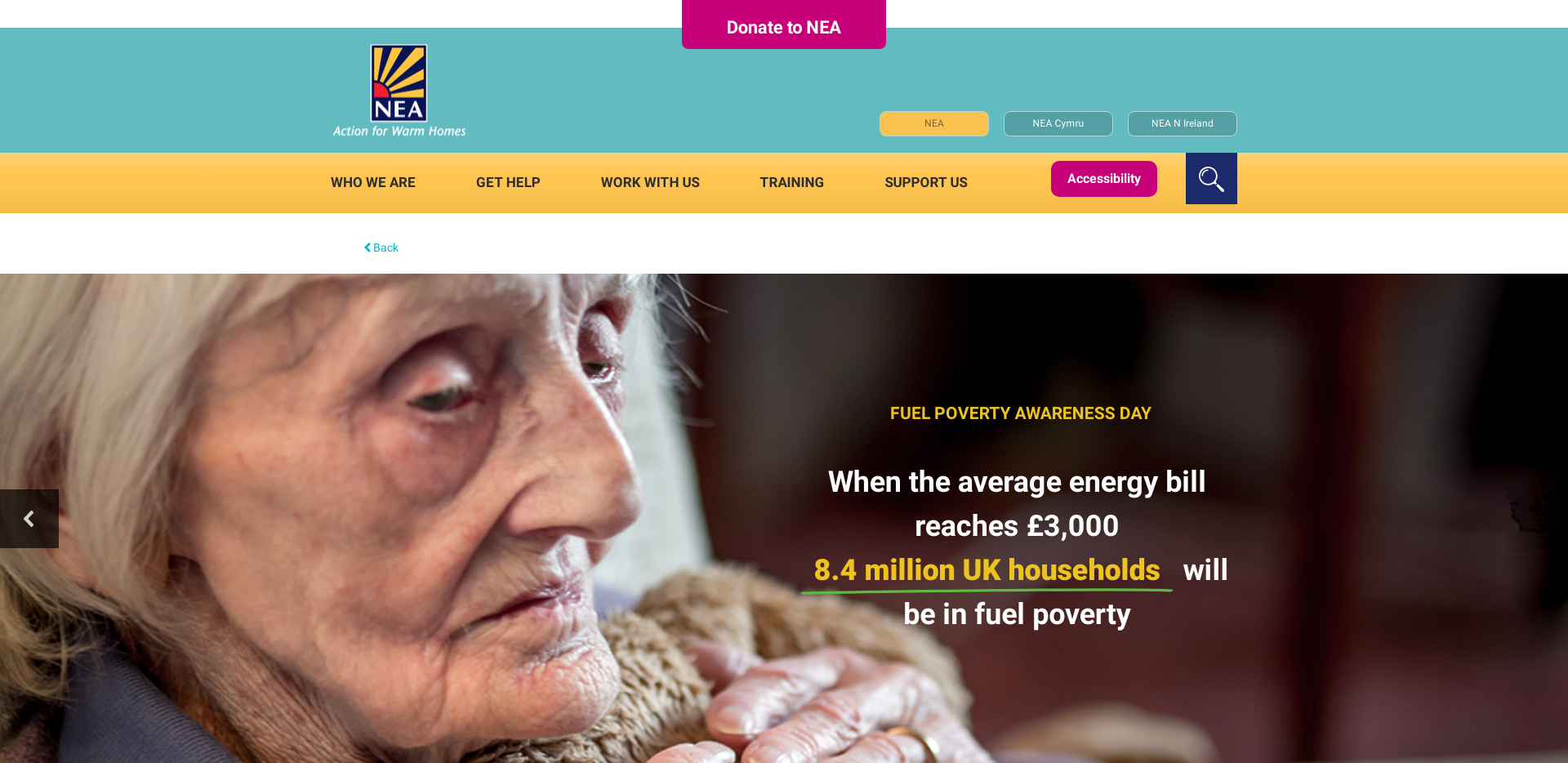Friday 2 December was National Energy Action’s Fuel Poverty Awareness Day. This annual event highlights the scale of the problem within the UK, its impacts on ordinary people and the work that is being done to address it.
The sharp rise in energy costs has drawn much attention to the issue of fuel poverty in 2022 but, in truth, it has been a serious problem for many years. Even before Russia’s invasion of Ukraine and the associated upturn in global energy prices, millions of British families had been struggling to keep their homes warm.
The consequences will be even more severe this winter, average energy bills having risen from £1,271 to £2,500 in the last 12 months alone. Worse still, changes to the Energy Price Guarantee will see that average rising to £3,000 per annum from April 2023 – and all this at a time when real incomes are falling as a result of fast-rising inflation. The need to reinsulate and improve homes has never been more apparent.
Britain has some of the oldest and least energy-efficient housing stock in Europe, so there is a huge amount of work to be done. At the NIA parliamentary day in June 2022, Simon Ayers, Chief Executive Officer of TrustMark noted that as many as 27 million homes need retrofitting with energy efficiency measures in order to bring them to a decent standard. This, he said, implies that the industry needs to treat “2,300 homes per day, 7 days a week, for the next 28 years.”
On a more positive note, there are now several publicly-funded schemes that support the installation of retrofit measures and, over the course of 2022, SBS has made use of most of them. We have improved the insulative qualities of thousands of social housing properties, as well as a rising number of private homes, and 2023 promises to be our busiest year on record.



